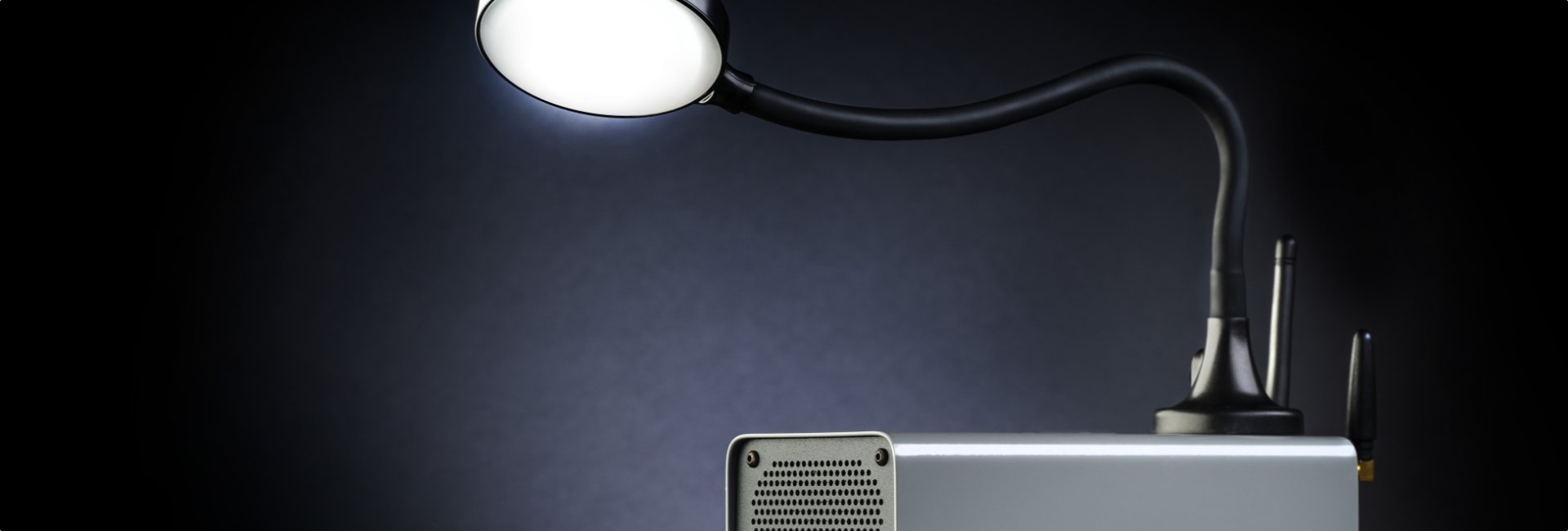Beacons are small wireless devices used by retailers to communicate with the shopper via an app to improve customer experience in store. Beacons send Bluetooth signals to the app of the customer (if the customer has the store’s app installed). Then, the app picks up those signals and transmits location-specific information to the server of the store.
Some of the information sent to the server shows what is the last department visited by the customer or what products were visualized by the shopper recently. Finally, the data from the server, combined with the customer’s profile lead to certain specific actions. For example, sending the customer a coupon in the app with a discount for the last visited product.
Beacon technology was first introduced in 2013. By 2018, beacons accounted for 65% of proximity marketing technology, while Wi-Fi accounted for 20% and NFC sensors for 15%.
Types of beacons:
Since 2013, the beacon technology has evolved and even Google has a beacon technology of its own, the Google Beacon Platform. Nowadays, there are different types of beacons that have a lot of applications:
Standard beacon: It resembles a small Wi-Fi router and it is best for indoor tracking.
A Portable/small beacon: This type of beacon is very small, the size of a credit card. It is used as a proximity solution or asset tracking.
Video beacon Bluetooth device: This beacon needs to be plugged into the back of the screen. The device is used for delivering digital signage and contextual videos.
USB beacon: It is a small, portable device that looks similar to a flash drive.
Sticker beacon: This one is the smallest type of beacon. It’s best for asset tracking.
Parent beacon: This beacon looks like a bigger Wi-Fi router and it gathers data from other beacons. It sends the data to cloud storage and manages it.
Dedicated beacon: This is one of the most resistant beacons. It is used for tracking indoor activities but it works in harsh environments because it can resist UV, water, dust, and antistatic.
AI beacon: Last, but not least, the AI beacon is empowered by machine learning algorithms and it detects movements and gestures.
Why are beacons important?
Beacon technology is essential for retailers that focus on proximity marketing. With the help of beacons, they can send personalized offers to customers via an app, right at the point of sale. This ultimately leads to more purchases and better customer satisfaction.
In the last year, beacons have started to lose their shine. However, this technology is still important for retailers worldwide.


